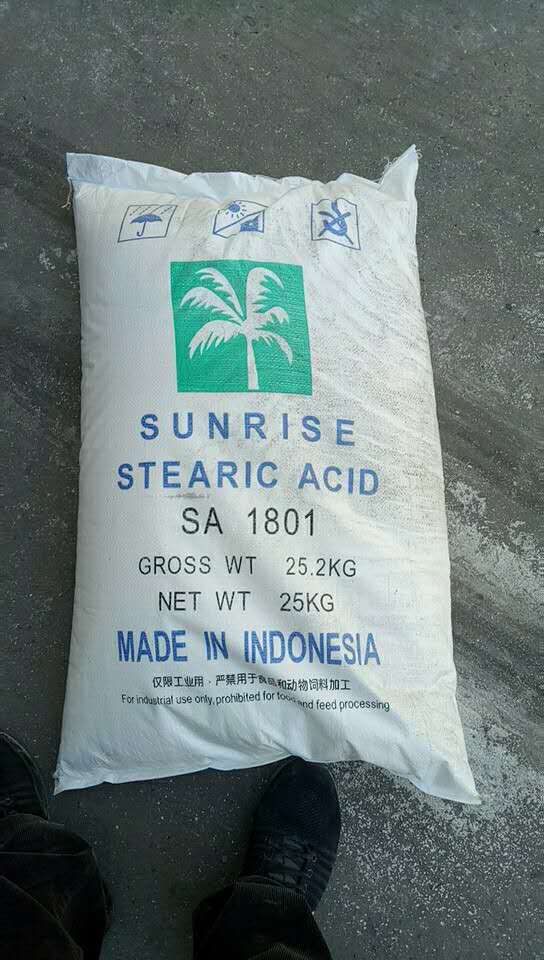硬脂酸
stearic acid
57-11-4
57-11-4
询价
25 kg
起订
天津 更新日期:2019-04-16
产品详情:
公司简介
Tianjin Sunrise Products Inc. was established in 2004. The company is headquartered in Financial Street, Tianjin of China and has owned logistics facilities and the warehouse nearby the Tianjin seaport and several highways entrances. Tianjin Sunrise Products Inc. totally follow the chemical industry developing trends and market demands, has been the professional supplier of oleochemical materials, majoring in fatty acids and kinds of their derivatives, glycerine, soap noodle from China origin.
| 成立日期 | (21年) |
| 注册资本 | 1000万 |
| 员工人数 | 10-50人 |
| 年营业额 | ¥ 1000万-5000万 |
| 经营模式 | 贸易 |
| 主营行业 | 非离子表面活性剂,酯,化妆品类,甘油,硬脂酸 |
硬脂酸相关厂家报价 更多
-
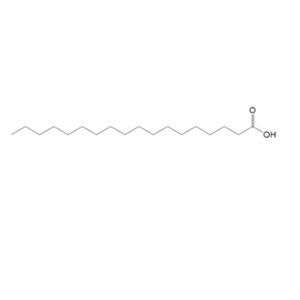
- 硬脂酸
- 深圳振强生物技术有限公司 VIP
- 2025-01-27
- 询价
-
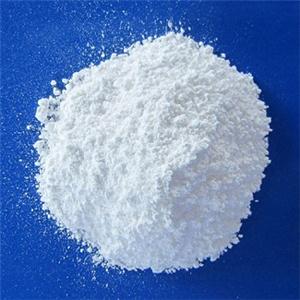
- 硬脂酸
- 河南沃咖斯生物科技有限公司 VIP
- 2025-01-26
- 询价
-
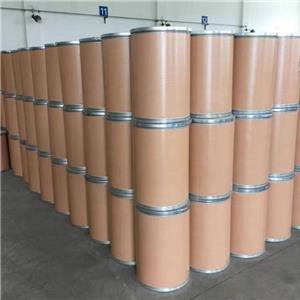
- 硬脂酸,十八烷酸,十八碳烷酸;十八酸;司的令;脂蜡酸
- 济南智远诚化工有限公司 VIP
- 2025-01-26
- 询价
-
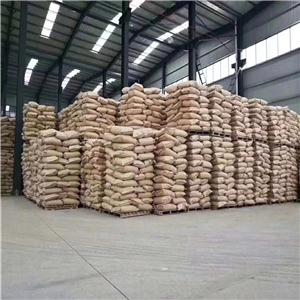
- 硬脂酸
- 山东旭晨化工科技有限公司 VIP
- 2025-01-26
- ¥100
-
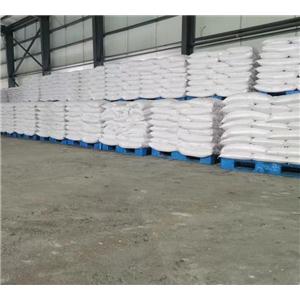
- 硬脂酸 57-11-4
- 山东强森化工有限公司 VIP
- 2025-01-26
- 询价
-
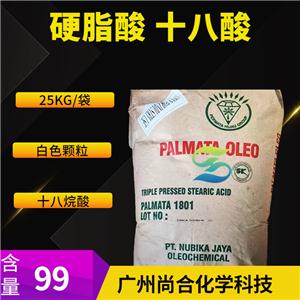
- 尚合 硬脂酸 十八碳烷酸 十八酸 马来棷树印尼绿宝牌1801 57-11-4
- 广州尚合化学科技有限公司 VIP
- 2025-01-25
- 询价
-
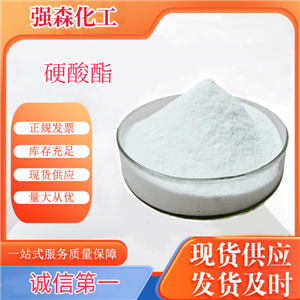
- 工业级硬脂酸出售
- 山东强森化工有限公司 VIP
- 2025-01-25
- 询价
-
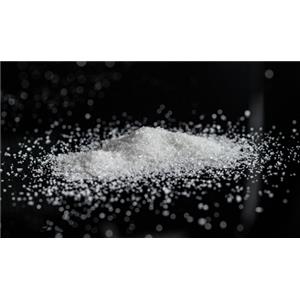
- 硬脂酸
- 广州远达新材料有限公司 VIP
- 2025-01-24
- 询价
-
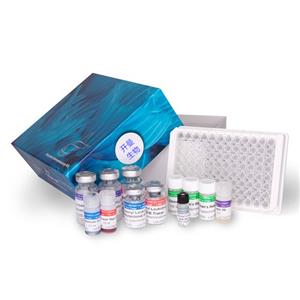
- 硬脂酸
- 武汉艾美捷科技有限公司 VIP
- 2025-01-24
- 询价
-
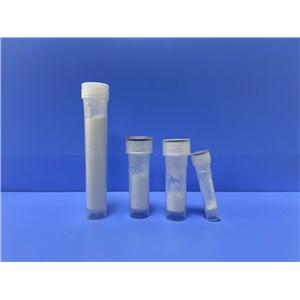
- 硬脂酸
- 杭州固拓生物科技有限公司 VIP
- 2025-01-24
- 询价

